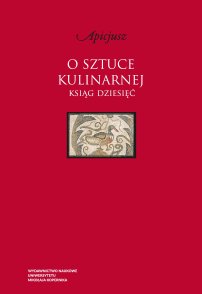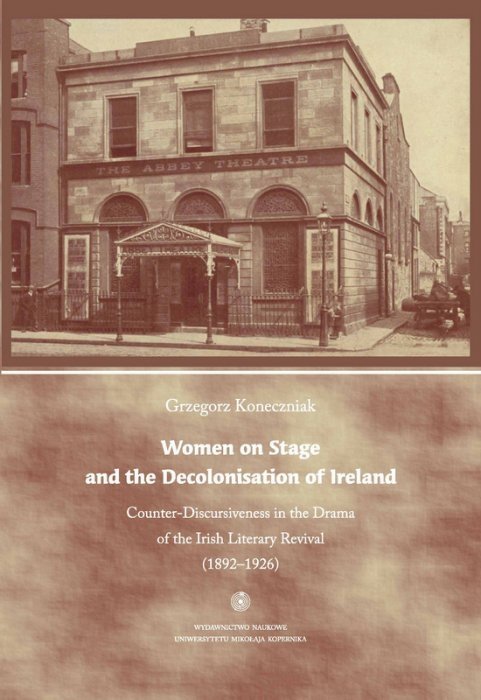zatrudniony na stanowisku adiunkta w Zakładzie Literatury Anglojęzycznej Katedry Filologii Angielskiej Uniwersytetu Mikołaja Kopernika w Toruniu. Filologię angielską ukończył w 2006 roku, a w 2009 uzyskał tytuł doktora nauk humanistycznych w zakresie literaturoznawstwa. Jest autorem publikacji traktujących o postkolonialności irlandzkiej, które dotyczą głównie elementów kontrdyskursu w twórczości irlandzkiego odrodzenia literackiego z przełomu XIX i XX wieku. Jego zainteresowania obejmują również współczesną dramaturgię angloirlandzką, teorię literatury i nowoczesne formy literatury cyfrowej.
Women on Stage and the Decolonisation of Ireland. Counter-Discursiveness in the Drama of the Irish Literary Revival (1892-1926)
Monografia jest próbą analizy i interpretacji wybranych dramatów powstałych w dobie irlandzkiego odrodzenia literackiego w kontekście studiów i teorii postkolonialnych. Głównym celem jest ukazanie scenicznej roli postaci kobiecych w dekolonizacji Irlandii i w przedstawianiu kontr-dyskursywności. Problematyka podjęta w tym studium wiąże się więc z kwestią irlandzkiej postkolonialności, która stanowi obecny kierunek badań nad literaturą i kulturą w dziedzinie studiów irlandzkich [Irish studies]. Autor zadaje pytanie dotyczące roli przypisywanym kobietom w dramatach, które powstały w okresie wzmożonych ruchów narodowowyzwoleńczych, i które ostatecznie przyczyniły się do powstania postkolonialnej Irlandii.
The book is an attempt to analyse and interpret selected plays written by the Irish Literary Revivalists in the context of postcolonial studies. The main objective is to demonstrate the scenic roles of women in staging various strategies of decolonisation and counter-discursiveness. The study thus focuses on the question of Irish postcoloniality, which is the current research domain within ‘Irish Studies,' pioneered by such critics and scholars as Declan Kiberd, Gerry Smyth or Christopher Murray. Women on Stage and the Decolonisation of Ireland seeks to appropriate and modify the analytical and interpretive means offered by postcolonial theory in order to approach the female characters portrayed in the plays of Lady Augusta Gregory, John Millington Synge, William Butler Yeats and Sean O'Casey during the most formative period as regards the shape of Irish colonial and postcolonial identity.
Acknowledgements /5
Introduction /5
Chapter One. The Irish Literary Revival in view of strategies of decolonisation
1.1. Theory of decolonisation: crucial concepts /13
1.1.1. Counter-discourse as a prerequisite of decolonisation /13
1.1.2. Nativism as a basic counter-discursive strategy /16
1.1.3. Abrogation and appropriation /17
1.1.4. Allegory /18
1.1.5. Nationalism /21
1.1.6. Strategic essentialism /24
1.1.7. Collaboration /26
1.2. Theory and practice of decolonisation in the dramatic oeuvre of the Irish Literary Revivalists /27
1.2.1. Appropriated Celticism /37
1.2.2. Yeats's Syncretic Celticism /48
1.2.3. Decolonisation and subalternity in O'Casey's Dublin plays /51
1.3. The Abbey Theatre as a pioneer of decolonisation /55
1.4. Figures of Irish women and decolonisation /64
1.5. Irish women on stage /69
Chapter Two. Decolonisation in the Irish Literary Revivalists' peasant plays
2.1. Lady Augusta Gregory's Dervorgilla as a return to the early colonial times /72
2.1.1. The depiction of the colonised Irish /73
2.1.2. The depiction of the coloniser /84
2.1.3. Why should Ireland be decolonised? /85
2.2. The collapse of patriarchy and new roles of female figures in the colonial struggle on the basis of Synge's Riders to the Sea /89
2.2.1. Inishmaan and the sea as a microcosm of the colonial relations /90
2.2.2. Where are the men of the Inishmaan community? /94
2.2.3. The reversal of social roles after the collapse of patriarchy and the importance of female figures in decolonising Ireland /98
2.3. Allegory and Nationalism: the role of Cathleen Ni Houlihan in decolonising Ireland /105
2.3.1. The Gillane family as a symbol of the demise of nationalism /105
2.3.2. Cathleen Ni Houlihan as an allegory of Ireland /110
2.3.3. The role of Cathleen Ni Houlihan in decolonising Ireland /114
Chapter Three. Decolonisation in O'Casey's Dublin plays
3.1. The Easter Rising off stage, the female drama on stage: Nora Clitheroe and her desire of the domesticity /121
3.1.1. Jack Clitheroe and self-nationalists /123
3.1.2. Peter Flynn, the Young Covey and Fluther Good as Easter: Stage-Irishry in the background of nationalist struggle / 130
3.1.3. Subaltern experience of the Easter Rising: unwilling suffering /141
3.2. Subaltern martyrdom in The Shadow of a Gunman /159
3.2.1. The shadow of a gunman: the importance of hero-creation /160
3.2.2. The portrayal of the tenement community /165
3.2.3. Minnie Powell as a subaltern martyr /175
3.3. Juno and the Paycock as a portrayal of the (post)colonial times /180
3.3.1. The Boyle family and false expectations /181
3.3.2. The depiction of the (de)colonised /188
3.3.2. Juno as a subaltern allegory of postcolonial Ireland /194
Conclusion /199
Bibliography /212
Primary sources /212
Secondary sources /212
Internet sources /221
List of photographs /221
Streszczenie /222
Grzegorz Koneczniak
- Litteraria Copernicana 1(21)/2017: Henry James - muzeum pisarza
- Comparative studies in Anglophone Literature. (Trans)National, (Post)Colonial and (Auto)Thematic (Re)Considerations and (Re)Visions
- Women on Stage and the Decolonisation of Ireland. Counter-Discursiveness in the Drama of the Irish Literary Revival (1892-1926)
Powiązane
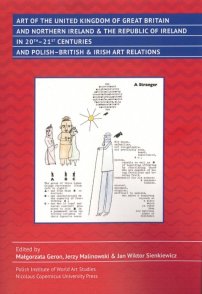
Art of the United Kingdom of Great Britain and Northern Ireland & the Republic of Ireland in 20th-21st Centuries and Polish-British & Irish Art Relations
Małgorzata Geron, Jerzy Malinowski, Jan Wiktor Sienkiewicz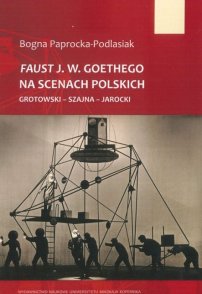
Faust J. W. Goethego na scenach polskich. Grotowski - Szajna - Jarocki
Bogna Paprocka-Podlasiak
Hauntology and Intertextuality in Contemporary British Drama by Women Playwrights
Edyta Lorek-Jezińska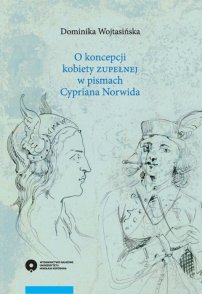
O koncepcji kobiety „zupełnej” w pismach Cypriana Norwida
Dominika WojtasińskaInne z tej kategorii
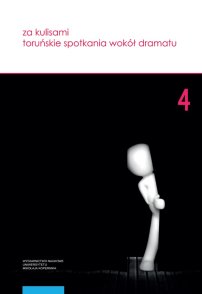
Za kulisami. Toruńskie spotkania wokół dramatu. Edycja czwarta
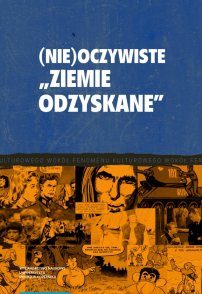
(Nie)oczywiste „Ziemie Odzyskane”

Pan Samochodzik i…
